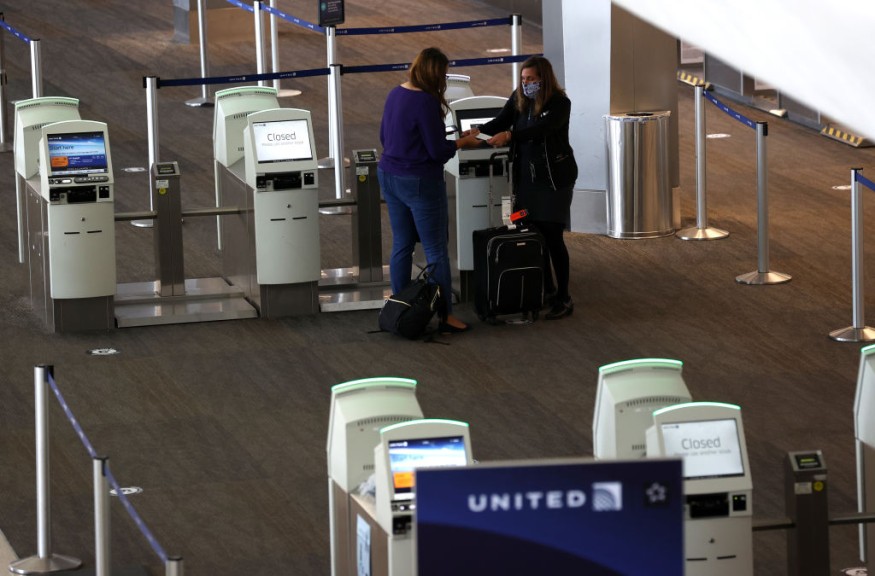Airline Workers Call for Additional Federal Aid to Stop Furloughs

Airline workers such as flight attendants and pilots rallied on the Capitol Hill this week, asking lawmakers for $25 billion in additional federal aid to prevent further layoffs next month.
More than half of Congress is set to support the request by airlines and their unions. President Donald Trump said he wanted to help an industry that has been widely affected by the coronavirus pandemic.
However, the Washington's chance of giving airlines more money still depends on Congress and the White House approving a comprehensive coronavirus-relief package. If it does not push through, there won't be any plan that only helps airlines.
The prospects for a deal had already suffered a blow on Thursday when Senate blocked the GOP-backed second stimulus bill.
A sharp decline in travel has left the airlines with tens of thousands more workers than they need to operate due to the decreased number of flights.
The airlines started receiving $25 billion in federal grants and loans during this spring to keep workers on their payrolls for six months. The three biggest U.S. carriers are expected to furlough or lay off about 40,000 workers on Oct. 1 with the federal grant funding set to end on Sept. 30.
Some Republican senators claimed that the airlines had been helped enough by taxpayers. Senator Rick Scott of Florida told airline companies and union members that he opposed bailing out airlines and other large corporations.
"It's unfortunate that any airline would furlough thousands of employees after accepting billions in taxpayer dollars," Scott said in a report.
Senator Pat Toomey (R-Pa) shared Scott's view. Toomey played a role in creating the airline related provisions of the first coronavirus relief package in March.
Toomey said that it is a tough situation, and there is no question that the airlines are facing unprecedented challenges.
"But there is a real serious policy question we have to ask ourselves, which is for how long are the taxpayers supposed to prop up firms in an industry that clearly has massive overcapacity at this moment?" Toomey noted.
United Airlines and its pilots had an agreement in principle this week to avoid furloughs. The agreement, which is still needing final approval, would save nearly 3,000 aviators. Southwest Airlines, JetBlue Airways, and Spirit Airlines have also reached the same deals.
Toomey said that if labor and management can come together and reach an agreement whereby furloughs would be avoided and "that's very encouraging."
Veronique de Rugy, a research fellow at George Mason University and columnist for a libertarian magazine, said the relationship between employees and airlines should be the problem of airlines, not of taxpayers.
"Certainly the coronavirus has put airlines in a really difficult position, but that's not the only industry that has suffered dramatically," de Rugy said in a report.
Meanwhile, flight attendants, mechanics, baggage handlers, and other airline workers have not been able to copy the pilots' success in negotiating no-furlough bargains.
Pilots have more leverage with their training and certification requirements that make it harder and slower for airlines to recall pilots when the travel industry recovers.
Check these out:
Los Cabos: Mexico's Tourism Jewel Amid COVID-19
Mexican Caribbean Regarded as a Safe Travel Destination by the WTTC
Is Coronavirus the Greatest Tourism Threat Since World War II?
Subscribe to Latin Post!
Sign up for our free newsletter for the Latest coverage!

















